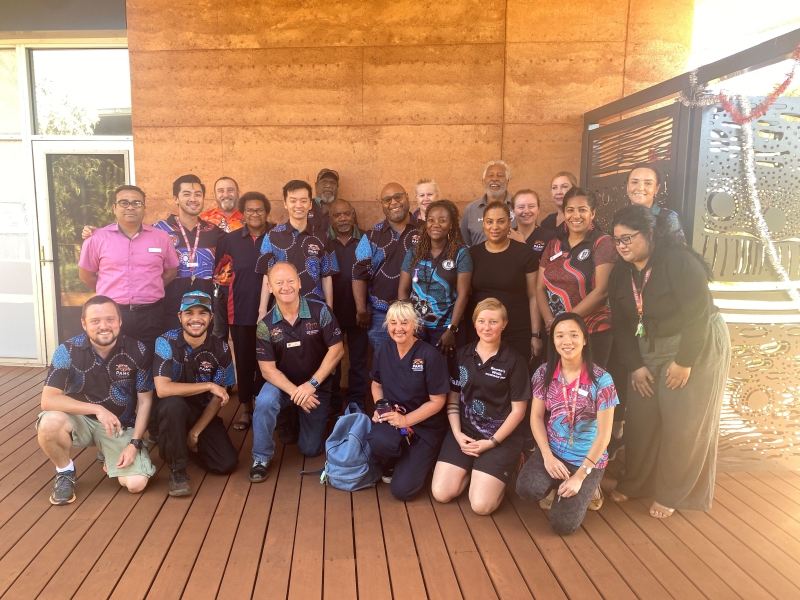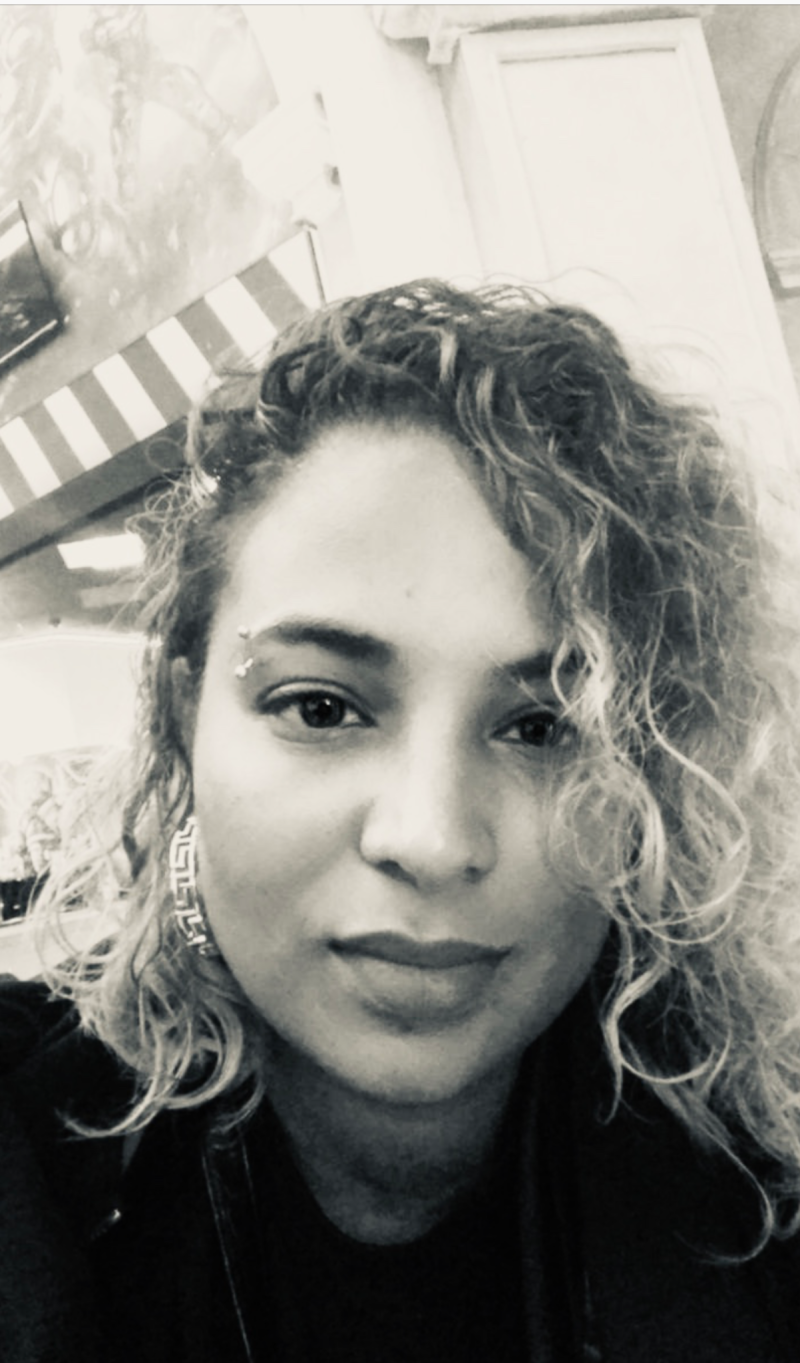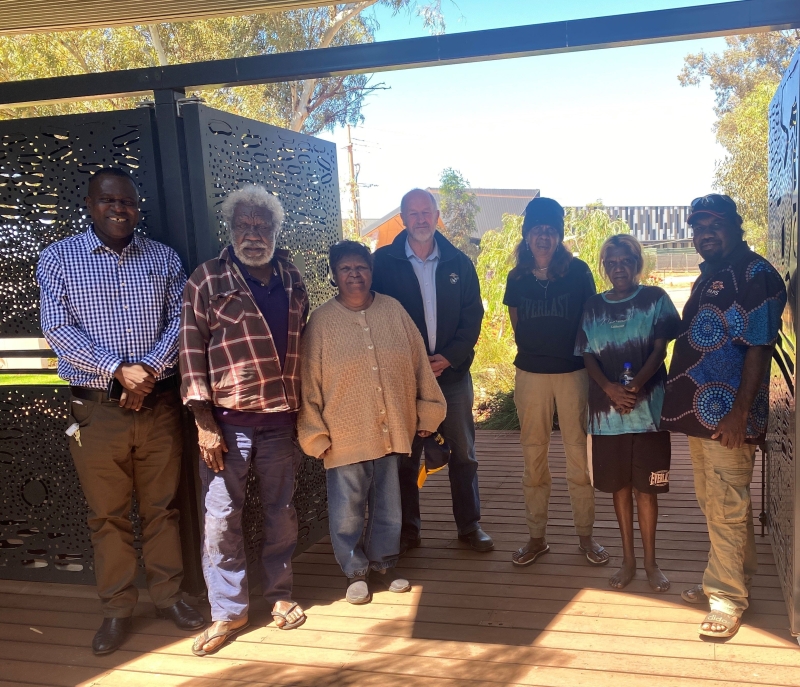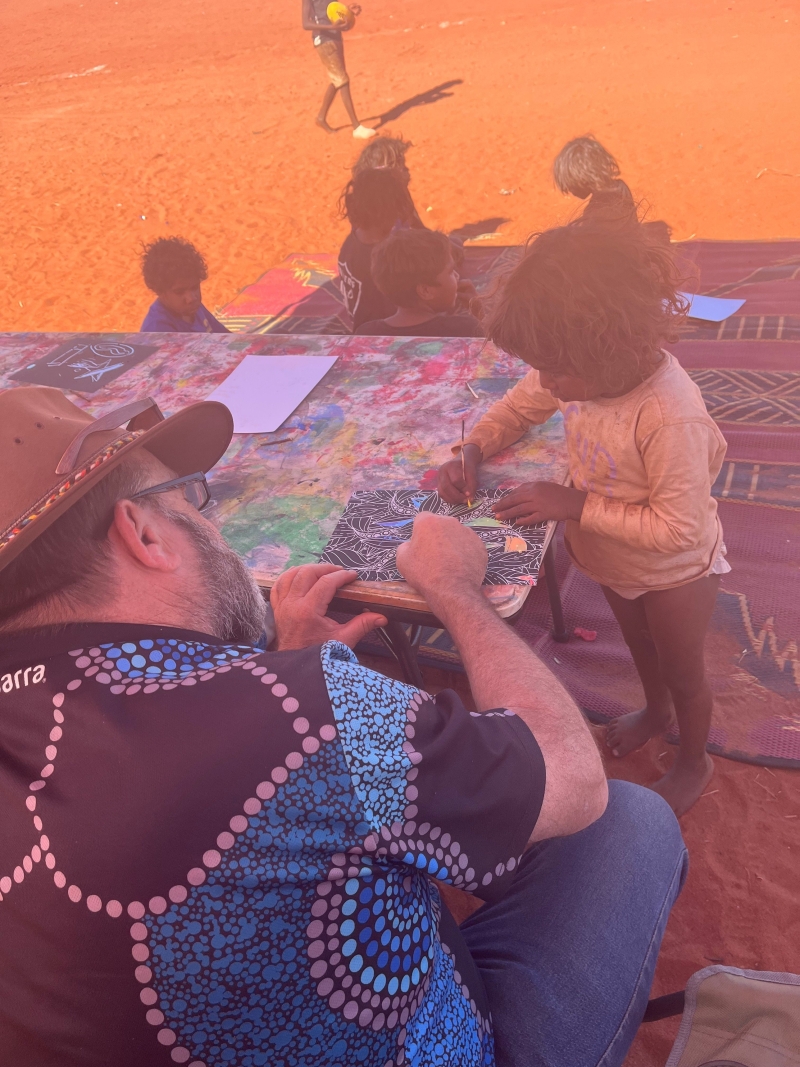A holistic approach to wellbeing
Since becoming a corporation almost 30 years ago, Puntukurnu Aboriginal Medical Service Aboriginal Corporation (PAMS) has strived for improved early detection and prevention of chronic disease for Martu and Nyiyaparli people in WA. At PAMS, health is viewed in the context of the whole person and their situation.
PAMS teams understand and consider the spiritual, social, economic and cultural wellbeing in overall health. This personal approach to healthcare assists with client treatment while also supporting everything surrounding getting treatment, whether it’s travel, health education or family support.
In 2022–23, PAMS provided 42,000 services and supported the health of nearly 4,500 Aboriginal people in the East Pilbara region, including in the communities of Jigalong, Parnngurr, Punmu, Kunawarritji and Newman.

The Newman Clinic and Admin team
Effective governance is key
PAMS Quality Assurance Officer Deeyana Feldman helps the organisation run effectively and flexibly to meet the communities’ changing needs.

Deeyana Feldman, PAMS Quality Assurance Officer
In late 2013 the Aboriginal Health Council of WA (AHCWA) was appointed as special administrator of PAMS, with the corporation returning to the control of members 6 months later. Since then, the team has worked hard for quality improvement and assurance. They have made major changes to ensure PAMS’s structure and operations exceed standards.
‘Governance is not just a board meeting and writing minutes,’ says Deeyana.
The PAMS board has 12 directors, with 2 from each of the 5 communities where PAMS clinics are based. The other 2 directors are independent and chosen for their skills and experience: one specialises in governance, and the other is a doctor.
According to Deeyana, consistency, retention and a lot of hard work are the key to good governance and administration.
‘There is a lot happening in the background: prepping, finishing the paperwork, the board meeting, then post board meeting, making sure everything is accurate. If there's anything I need to notify ORIC about, I need to ensure that documentation is completed and sent in a timely manner. The wheels are always turning.’
PAMS remains responsive to a changing environment. This means the organisation’s rule book has had several amendments, and ORIC provided valuable support to help manage these changes.
‘Whenever I needed clarification on certain wording or to clarify is what was allowed in the rule book, I would speak to ORIC,’ Deeyana says. ‘They have been extremely helpful in providing advice for specific situations to ensure there is no room for misinterpretation in the rule book.’
Deeyana has also made a stream of improvements to make PAMS’ communication products more suitable for their audiences. This has led to products that are more readable and easier to understand – which means directors are more equipped to make informed decisions.
‘I knew I had to make changes to things like our board papers to make them more user-friendly,’ she recalls. ‘Now when our CEO is speaking in a meeting, we can present documentation that everyone can follow and understand.’
To further help the directors of PAMS, the organisation has embedded good governance practices, with annual governance training for directors through both ORIC and AHCWA preferred providers, which is then shared with staff throughout the organisation.
‘Governance training for directors every year helps the director know what to look for when financials are being presented, what questions to ask, what their roles and responsibilities are for the organisation.’

PAMS CEO and directors
PAMS values working with Elders and the community. This has helped to build trusting and meaningful relationships, strengthening PAMS’ ability to service the community.
‘We’re in the process of finalising our five-year Strategic Plan, and the communities we service were heavily involved in developing it.’
Access to the highest standard of healthcare
With the organisation running effectively, PAMS’ positive influence on the health of many across the communities grew. Deeyana says one of the biggest impacts to the community was the Newman Dialysis Clinic – the first of its kind in Newman and neighbouring communities. Among its many benefits, the clinic has helped patients to stay connected to their family and culture.
‘Before the Dialysis at Newman Clinic opened, people would have to travel by bus or relocate to Broome, Port Hedland or Perth to receive dialysis,’ Deeyana explains.
‘Our CEO and Board worked with our stakeholders like Purple House, BHP and federal and state governments to ensure the building design for the Newman clinic would make the dialysis program possible.’
Deeyana says opening the Newman Dialysis Clinic has also encouraged more education in the region where there is a particularly high incidence of kidney disease.
‘By being able to undertake dialysis close to home, our patients don't lose connection to Country, they don't lose connection to their family and, most importantly, don't lose their connection to their culture.
‘We have started doing more engagement and education sessions around kidney awareness and other chronic diseases. Since opening the Dialysis clinic one year ago, we have completed 1,000 dialysis sessions, which is a huge achievement.’
PAMS is also advocating for better mental health in communities with their Social Emotional Wellbeing Program.
‘The program is quite small and only run by one person, but in 12 months it has had almost 1,300 formal and informal opportunistic community engagement sessions,’ says Deeyana.
The program works with people – where they are – to promote positive social emotional wellbeing outcomes. Despite being a small team, the program does everything from group to individual education and information sessions across an area larger than Victoria.
‘We run focused activities like a kid’s day, where kids can come and play with other kids on Country, and we can have a yarn with them,’ says Deeyana.

Community health programs at the Punmu Youth Festival
PAMS also runs a Patient Journey/Transport program which assists clients living in remote communities to travel to either Port Hedland, Newman or Perth for medical appointments. In the last year, the program made 273 trips, helping 180 clients attend specialist appointments.
Walking alongside others on their health journey
PAMS is an Aboriginal community-controlled health organisation with governance centred on understanding the needs of community and acting with cultural capability.
‘First and foremost, we are community controlled. Our clients tell us what they need, what their expectations are, and we must engage with them to meet those expectations,’ says Deeyana.
It is this level of cultural understanding and awareness that highlights just how much PAMS is needed in the community.